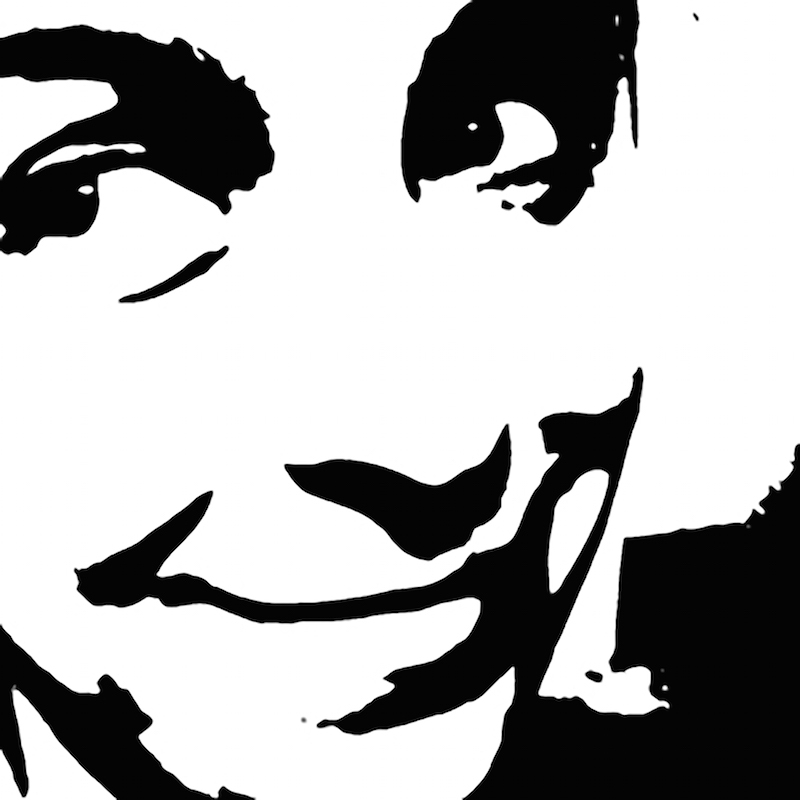Bio: Dr. Amanda Visconti is a digital humanities assistant professor and librarian at Purdue University Libraries. Her 2015 literature dissertation, Dr.AmandaVisconti.com, produced the  InfiniteUlysses.com participatory digital edition by combining literary studies and textual scholarship with digital methodologies (design, code, usertesting) and publication forms (regular blog posts, whitepaper written during the month before her defense). She serves as an executive council member for the ACH, and as an editor and ombudsperson for The Programming Historian DH lesson platform. You can follow her @Literature_Geek, read her regular DH blogging at LiteratureGeek.com, or join her and others in the discussions on the Digital Humanities Slack (tinyurl.com/DHslack).
InfiniteUlysses.com participatory digital edition by combining literary studies and textual scholarship with digital methodologies (design, code, usertesting) and publication forms (regular blog posts, whitepaper written during the month before her defense). She serves as an executive council member for the ACH, and as an editor and ombudsperson for The Programming Historian DH lesson platform. You can follow her @Literature_Geek, read her regular DH blogging at LiteratureGeek.com, or join her and others in the discussions on the Digital Humanities Slack (tinyurl.com/DHslack).
Title: Public + Participatory: Infinite Ulysses and a more open humanities
Abstract: We need more digital humanities projects that aren’t just hypothetically accessible to the public (“we put it on the web: everyone can now use it”), but are designed for supporting, valuing, and growing from participation by multiple publics. From a grounding of DH meaningful crowdsourcing and participatory design, this talk describes a pragmatic approach to a speculative experiment: What if we build a digital literary edition and invite everyone? What if millions of not just scholars, but also first-time readers, book clubs, teachers and their students, and literary enthusiasts show up and annotate a complex literary text with their “infinite” interpretations, questions, and contextualizations?
InfiniteUlysses.com, a participatory platform for reading and socially annotating James Joyce’s challenging novel Ulysses, uses design, coding, and user testing to investigate how digital humanities interfaces can better support and value public participation. We’ll examine how these activities function as critical humanities methods. The ways public participation can be richly meaningful to both the public and scholars are under-acknowledged, so we’ll also explore the ways a project like Infinite Ulysses can create new knowledge for both audiences.



